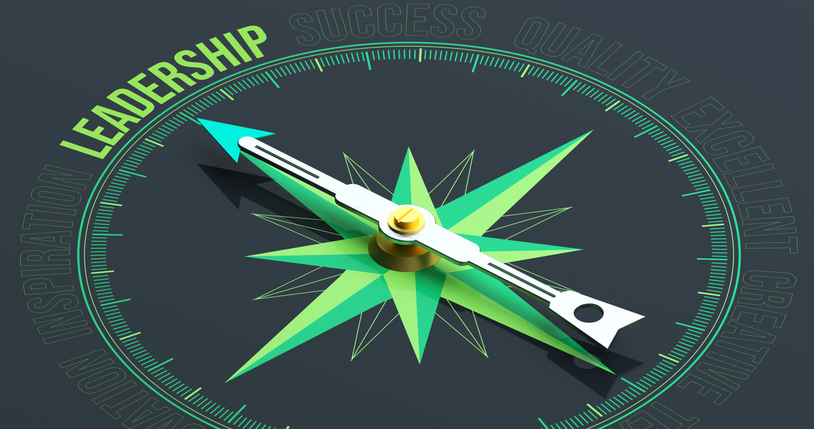“These are hectic, uncertain times. Employees are stressed and anxious – and they look to leaders for respect, clarity, hope, honesty, principled decisions, courage and validation. When leaders are equally stressed and anxious, they are less able to give workers what they ask for.
The 2025 State of Moral Leadership in Business report from Dov Seidman’s The HOW Institute for Society provides a powerful solution to these complex demands.
Moral leadership is grounded in four pillars: Let Purpose Lead, Inspire and Elevate Others, Be Animated by Values and Virtues and Build Moral Muscle. Moral leaders foster higher standards of conduct by inspiring meaningful work grounded in shared values.
Most importantly, moral leaders wrestle with the ethical implications of their efforts and decisions during this uncertainty.
The institute has conducted this survey four times since 2020. Today, 95% of respondents feel the need for moral leadership is more urgent than ever — a significant increase from86% in the first run of the survey.
While the need for moral leadership is great, the supply is low. This research found that only 9% of CEOs and 11% of managers are in the top tier of moral leadership (demonstrating over 75% of key moral leadership behaviors).
The report provides insights into these key behaviors. For example, when respondents work for top-tier moral leadership CEOs:
- 77% strongly agree that “the culture in my organization is based on shared values that guide our behavior.”
- 71% strongly agree that “I feel comfortable engaging in respectful dialogue about controversial current events with my colleagues.”
- 78% strongly agree that “I have the autonomy to structure my work in the way I think is best.”
- 80% strongly agree that “My organization encourages employees to try new ideas.”
This report provides a road map for how leaders and workers can embrace observable, tangible, and measurable moral leadership behaviors in daily interactions and operations.
Though hecticness and uncertainty are likely to continue in business and society in the years ahead, leaders can build a work culture of freedom, clarity, purpose, honesty and more, which will sustain the business for years to come.”

